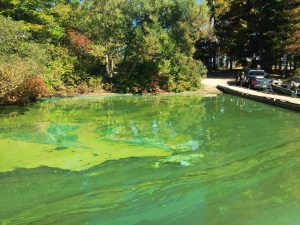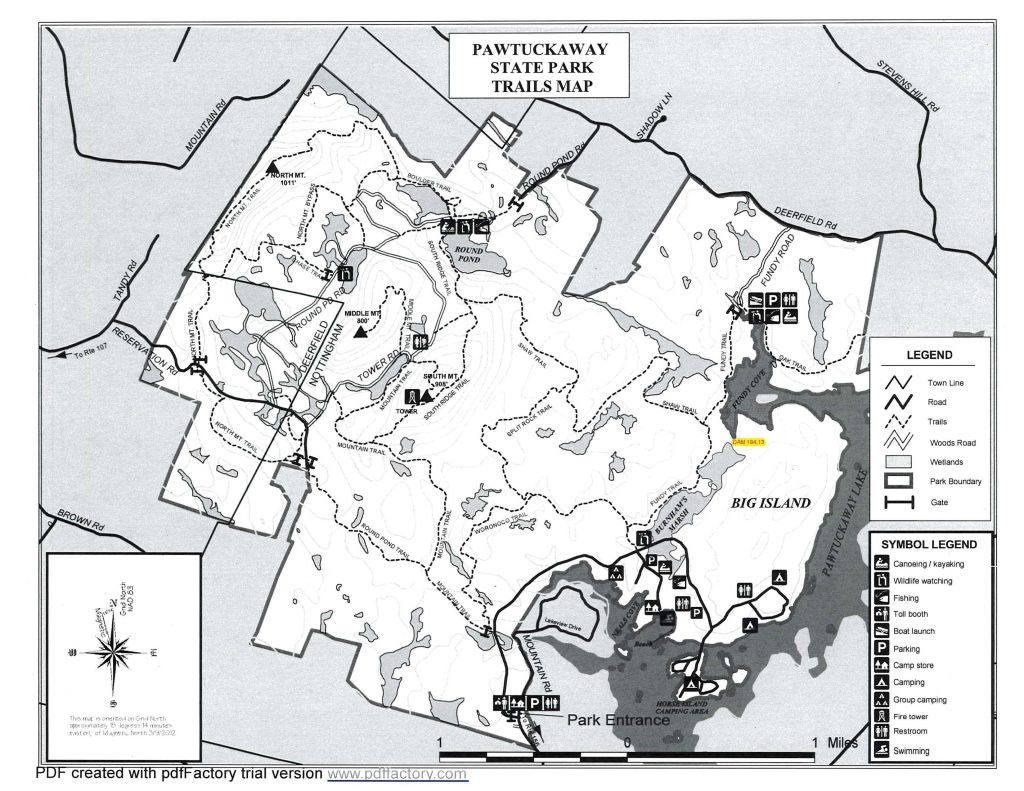
Corey Clark, Chief Engineer of the Dam Bureau, NH DES, has a new report, this time about Burnham’s Marsh in the State Park:
I would like to make you aware that last week the Dam Bureau received a phone call from Pawtuckaway State Park about the conditions and concerns surrounding the level of the water at Burnhams Marsh within the State Park. (See map above, to the left of Big Island.)

The Dam Bureau visited the site and observed that the dike (it’s actually a dam, not a dike) at the north end of Burnhams Marsh was overtopping and in a state of failure due to the presence of a beaver dam constructed on top of the dam. Even though Burnhams Dike (NHDES dam number D184013) is within Pawtuckaway State Park (in yellow on the map above), it is owned by NH Fish and Game, so the responsibility for maintaining and repairing the dam lies with the NHDES Dam Bureau. On Friday of last week, I too visited the site to evaluate the condition of the dam and determine what could be done to alleviate the current threat to the main road in Pawtuckaway State Park.
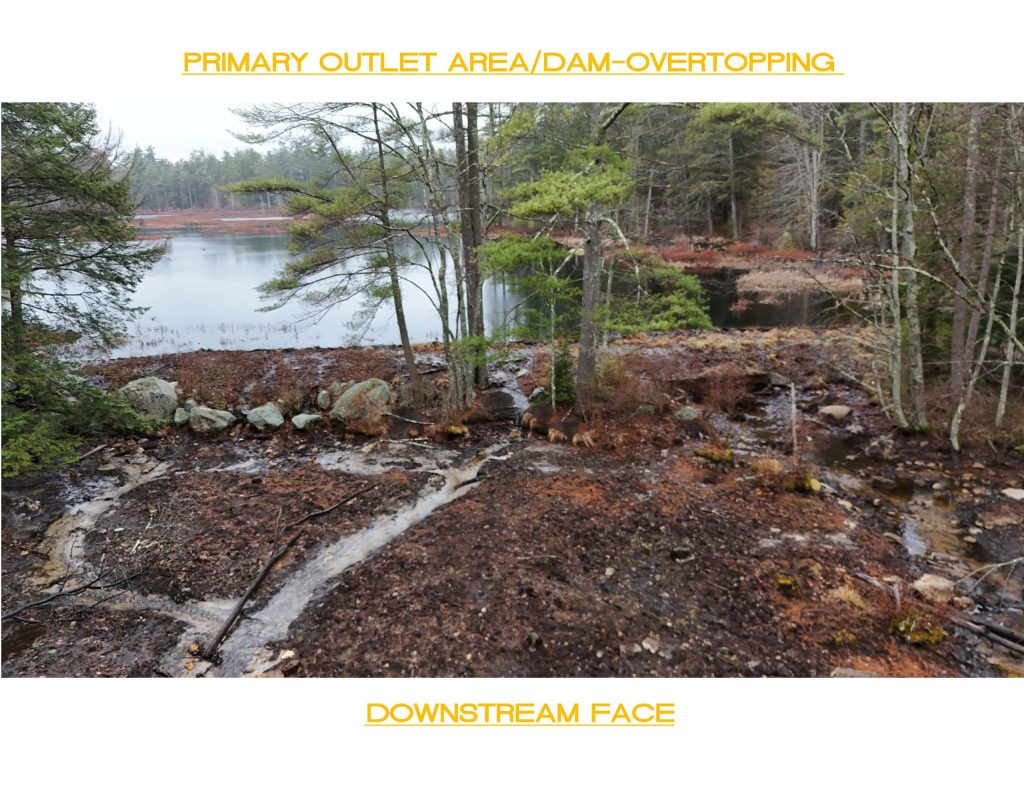
After visiting the site and discussing the situation internally, the Dam Bureau has applied for and received Emergency Authorization through the NHDES Wetlands Bureau to remove Burnhams Dike. Due to the ongoing overtopping of the dike, it can no longer function safely and is at threat of failure. The embankment is severely eroded and without major repairs will continue to be structurally unstable. Additionally, the corrugated metal outlet pipe in the outlet works at the base of the dike is also on the verge of collapse and can no longer safely discharge water. If the dike were to fail, debris and sediment would inundate Pawtuckaway Lake near the Fundy Cove boat ramp/channel immediately downstream of Burnhams Dike.
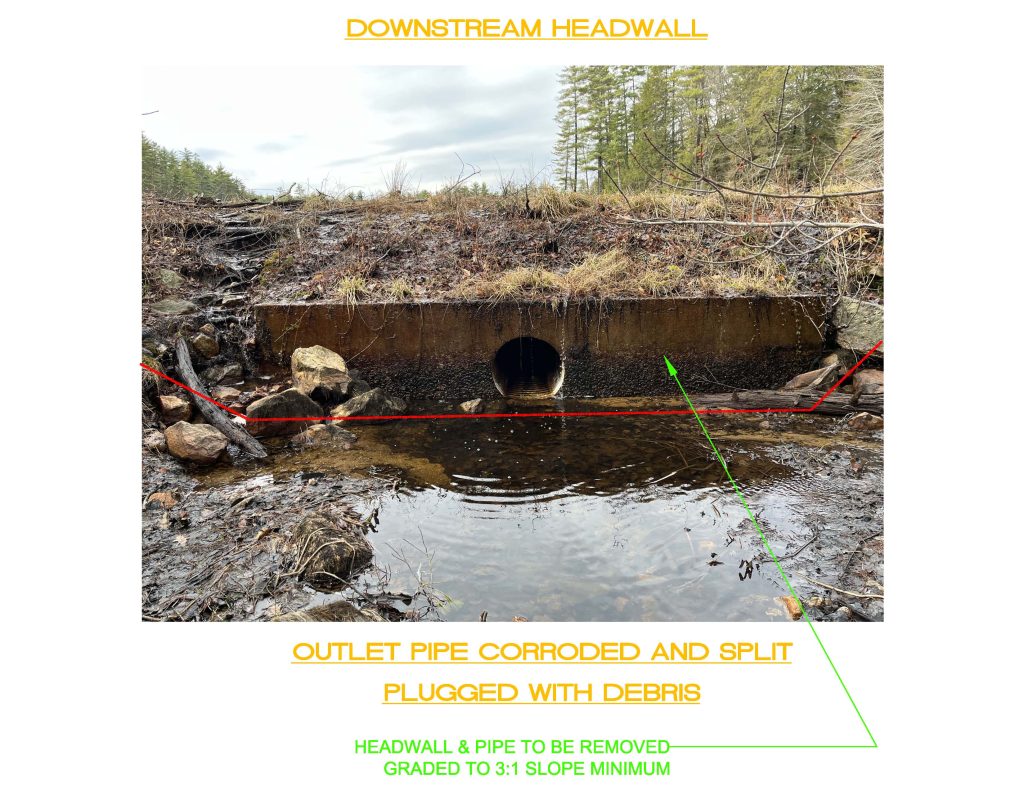
While the removal of the dike will impact the water level of Burnhams Marsh and alleviate the current water inundating the main access road through Pawtuckaway State Park’s, it will also allow for the marsh to return to the natural configuration before the dike was constructed. The Dam Bureau will remove as much of the dike as possible so that any remaining portions of the manmade structure will no longer have the ability to impound water to a magnitude that could threaten infrastructure or Pawtuckaway Lake and is no longer a jurisdictional dam.
The Dam Bureau intends on starting this work during next week and completing the work during the week of April 21st -25th. This tight timeframe is necessary to alleviate the current situation, but also the work can be completed while Pawtuckaway Lake is lower than normal for this time of year.
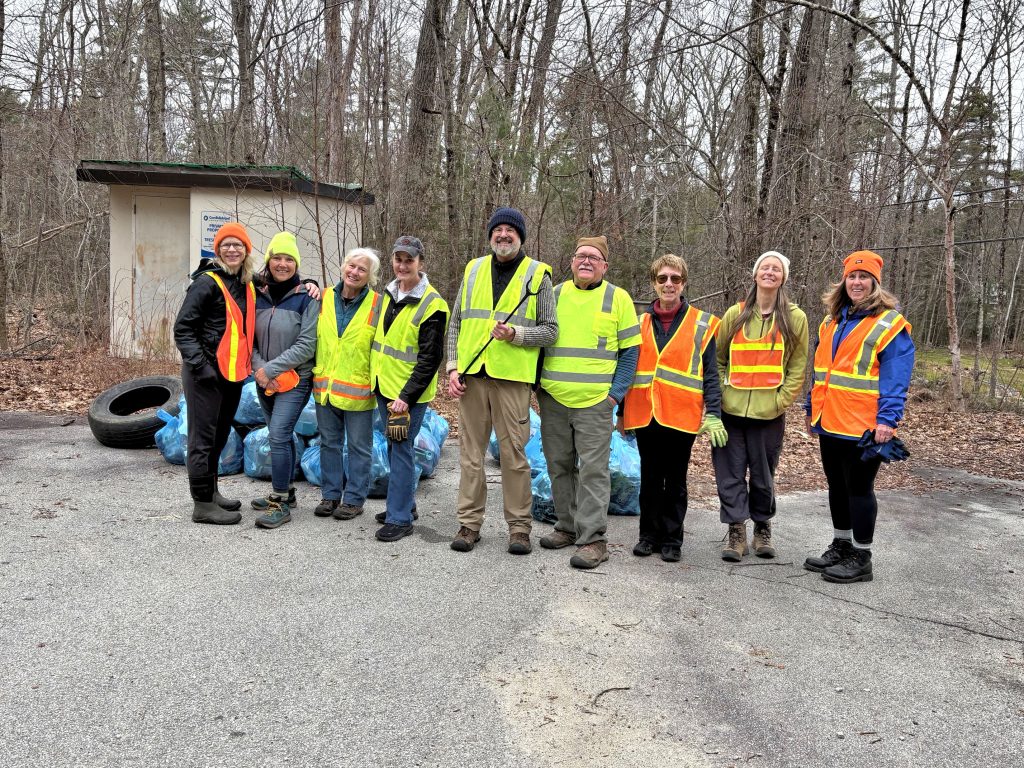
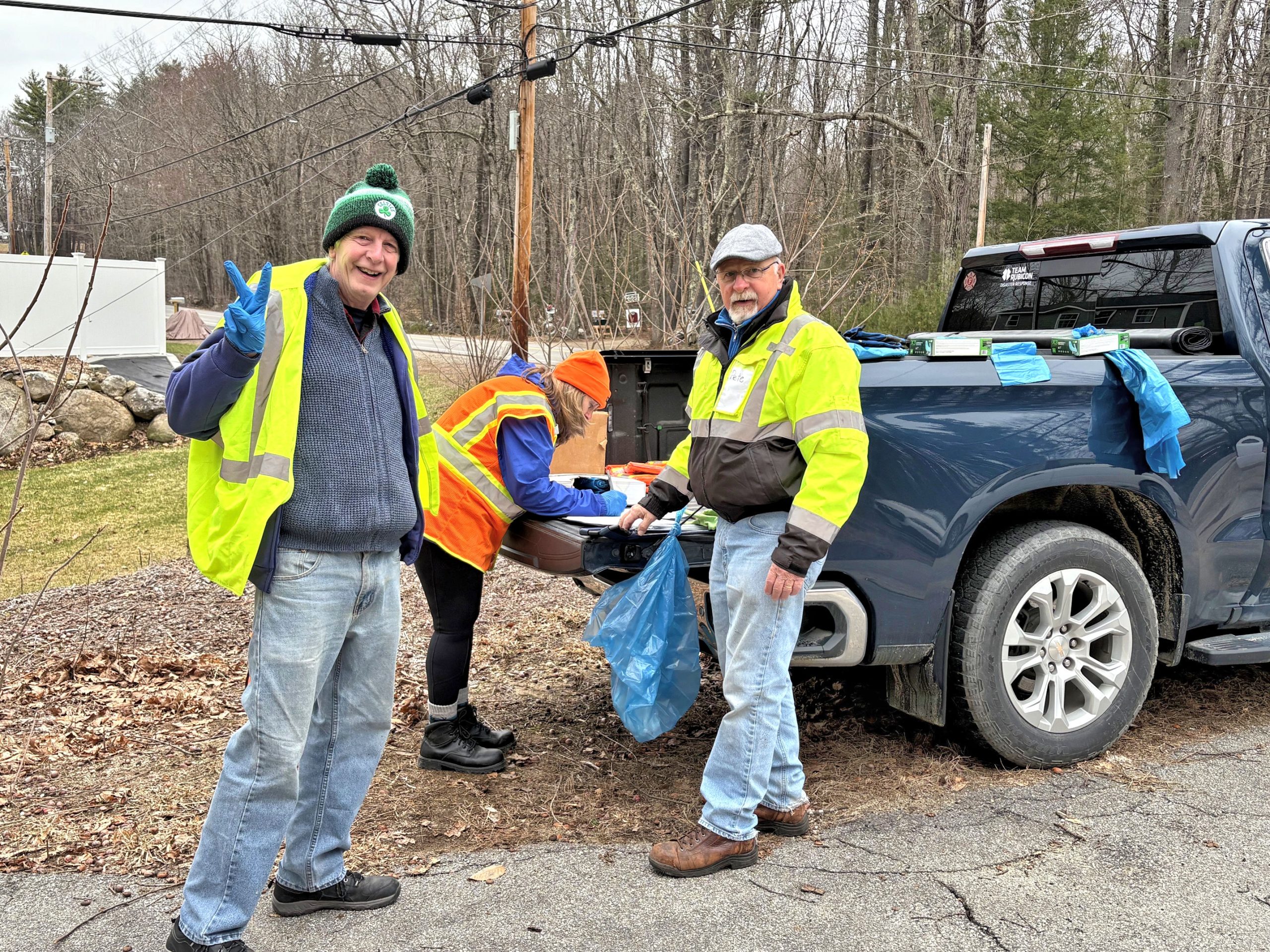
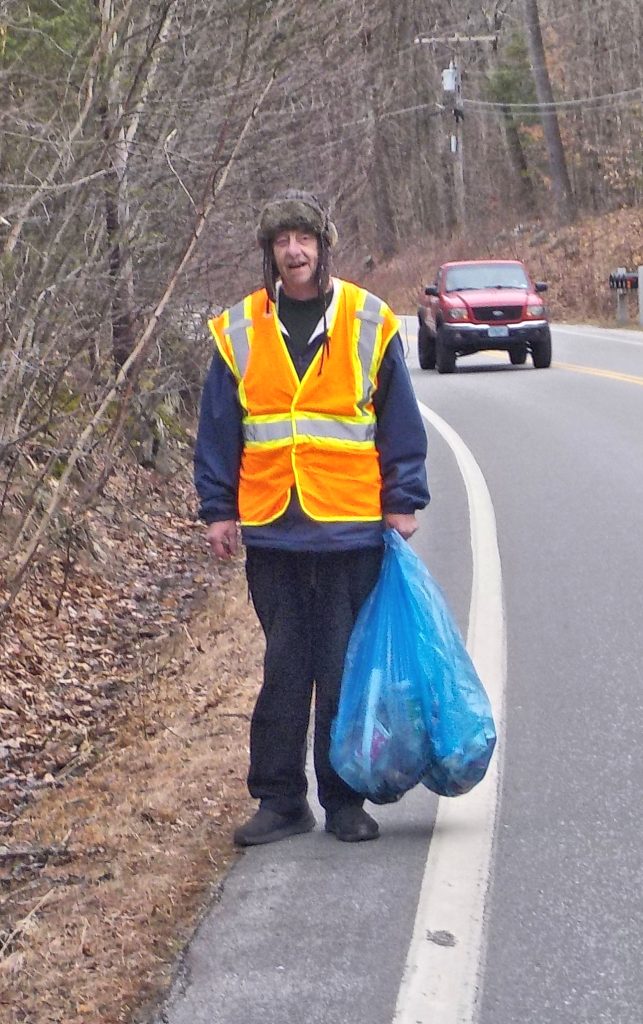
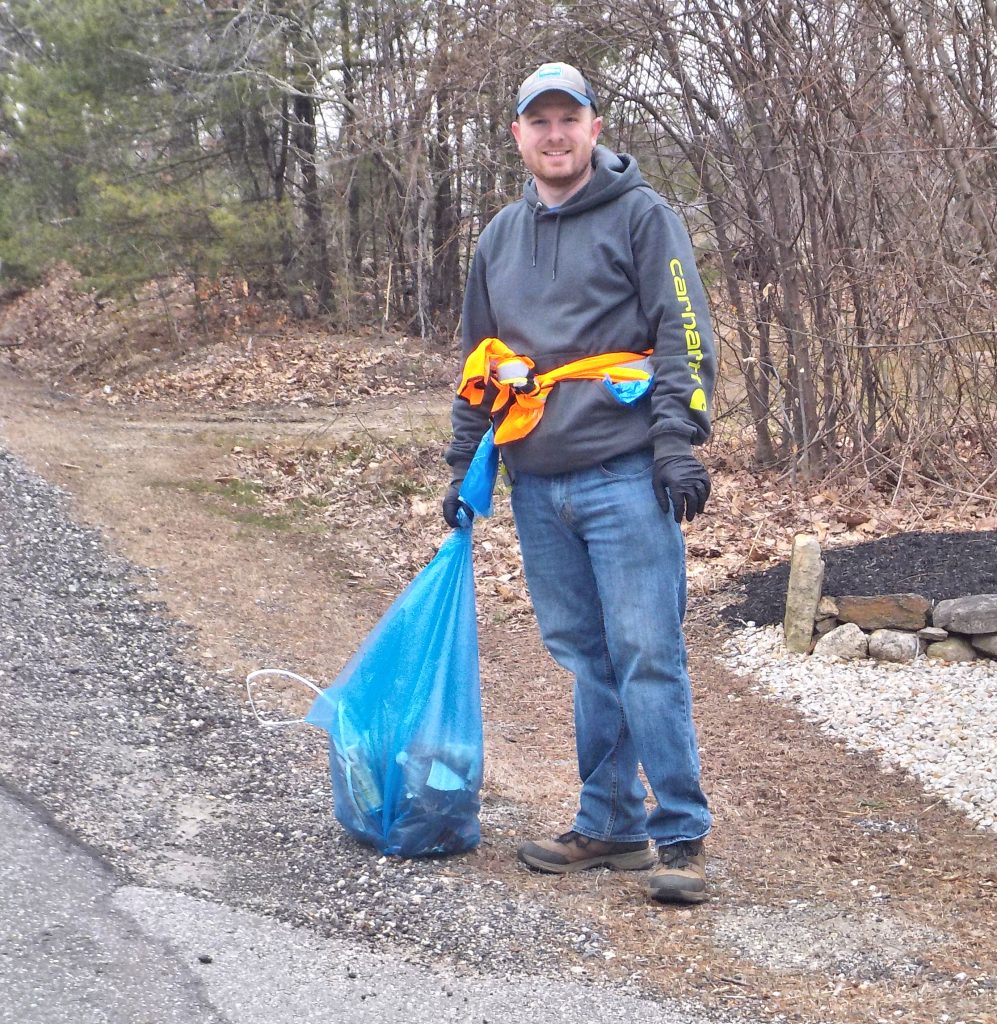
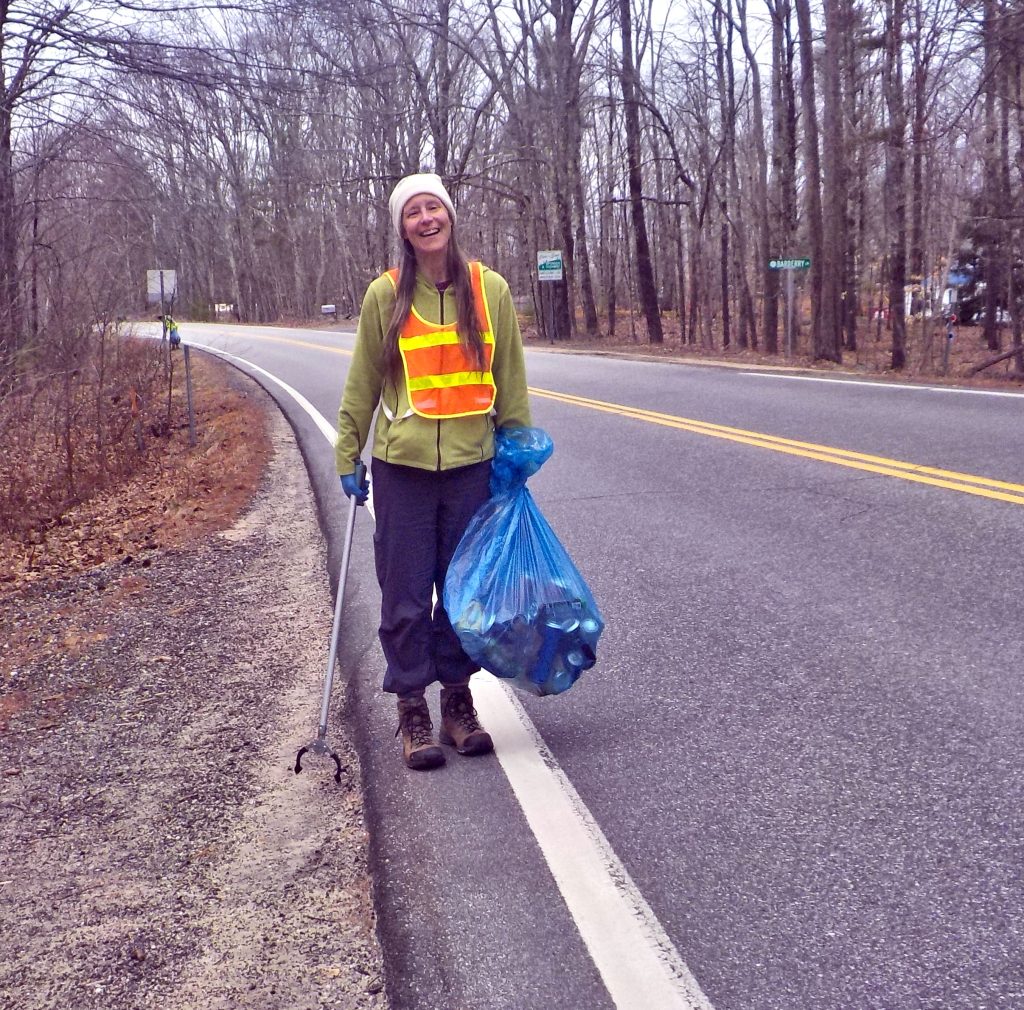
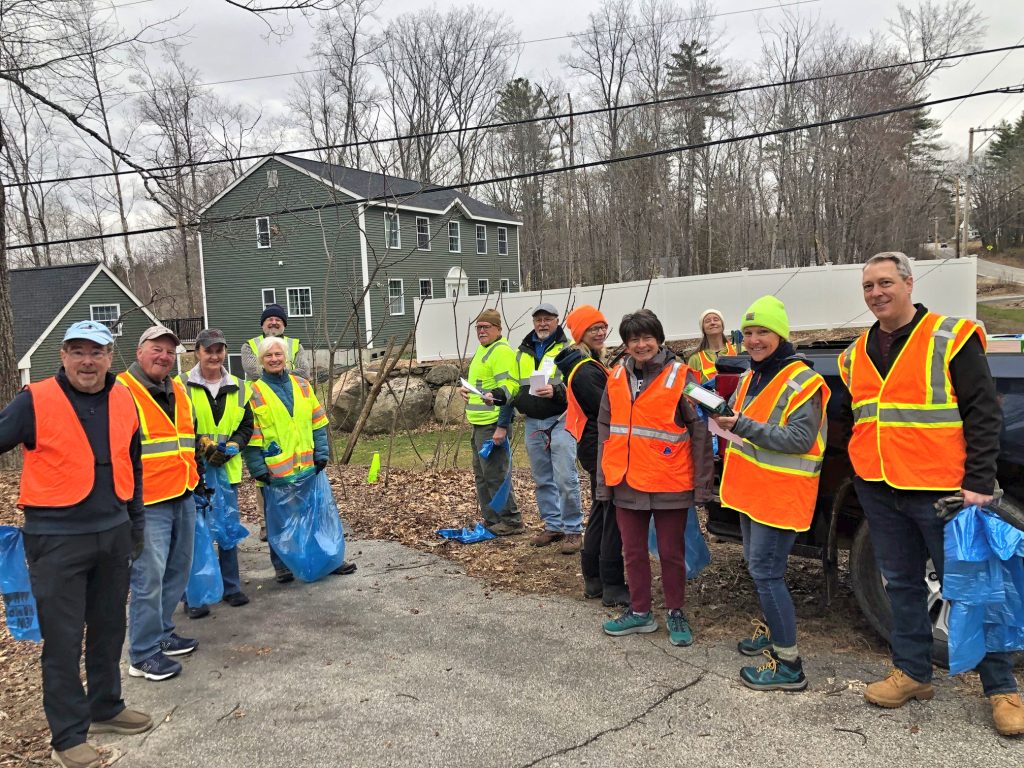
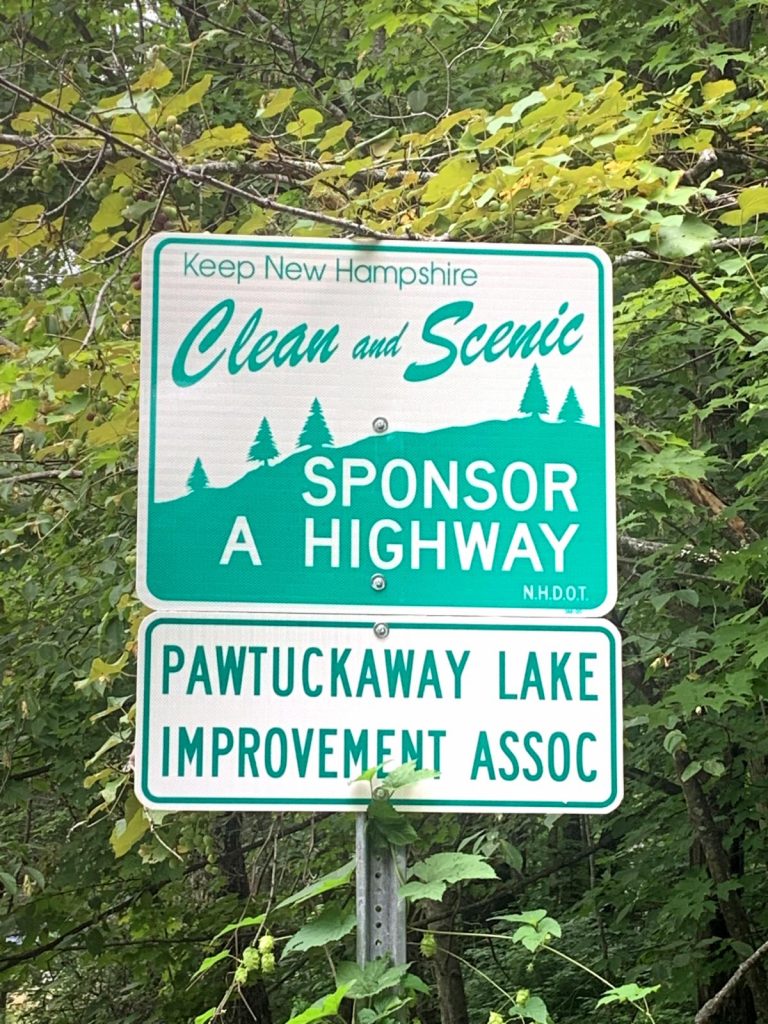
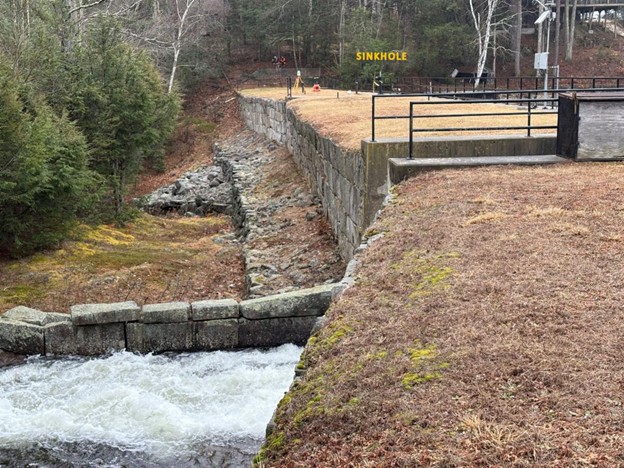 On Monday this week (March17) the NH Department of Environmental Services observed a sinkhole on the crest of Dolloff Dam on Pawtuckaway Lake. A small depression was observed in the vicinity of the sinkhole last year but over the course of the winter this depression appears to have developed into a sinkhole. A sinkhole can be a significant issue on any dam and warrants immediate investigation. A sinkhole in a dam is primarily caused by water running through the soil material in the dam and that water eroding the internal dam material. If left unchecked, this could lead to increasing erosion and loss of the structural stability of the dam.
On Monday this week (March17) the NH Department of Environmental Services observed a sinkhole on the crest of Dolloff Dam on Pawtuckaway Lake. A small depression was observed in the vicinity of the sinkhole last year but over the course of the winter this depression appears to have developed into a sinkhole. A sinkhole can be a significant issue on any dam and warrants immediate investigation. A sinkhole in a dam is primarily caused by water running through the soil material in the dam and that water eroding the internal dam material. If left unchecked, this could lead to increasing erosion and loss of the structural stability of the dam.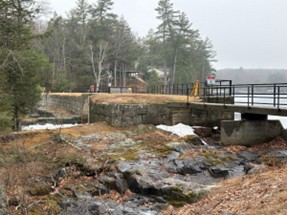 In the case of Dolloff Dam, leakage has been historically observed on the downstream side of the dam in the area of the sinkhole, however, this leakage has never been associated with internal erosion. While NHDES does not feel that the stability of Dolloff Dam is of concern at this point in time, more investigation is necessary to determine if that leakage is creating a situation where material is being moved from within the dam.
In the case of Dolloff Dam, leakage has been historically observed on the downstream side of the dam in the area of the sinkhole, however, this leakage has never been associated with internal erosion. While NHDES does not feel that the stability of Dolloff Dam is of concern at this point in time, more investigation is necessary to determine if that leakage is creating a situation where material is being moved from within the dam.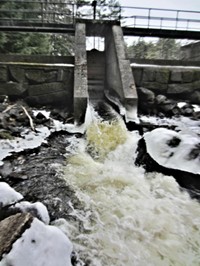 The lowering of Pawtuckaway Lake will occur with the use of the discharge mechanisms at Dolloff and Drowns Dam and will likely take one to two weeks. At that point, NHDES will mobilize to repair the concrete which will take approximately one week. Once repairs are completed, and further investigation is conducted, NHDES intends on starting to refill Pawtuckaway Lake to the full summer elevation. However, if further investigation reveals that there is a risk of further sinkhole development if the impoundment is increased, then NHDES may have to keep the impoundment at its lowered elevation. As many of you know, NHDES is currently working with an engineering consultant to review the deficiencies of all four Pawtuckaway Lake Dams and to come up with an overall rehabilitation design for all four structures. NHDES will be working with that consultant to perform further investigations, such as diving and camera work, to prepare a plan for refilling Pawtuckaway Lake.
The lowering of Pawtuckaway Lake will occur with the use of the discharge mechanisms at Dolloff and Drowns Dam and will likely take one to two weeks. At that point, NHDES will mobilize to repair the concrete which will take approximately one week. Once repairs are completed, and further investigation is conducted, NHDES intends on starting to refill Pawtuckaway Lake to the full summer elevation. However, if further investigation reveals that there is a risk of further sinkhole development if the impoundment is increased, then NHDES may have to keep the impoundment at its lowered elevation. As many of you know, NHDES is currently working with an engineering consultant to review the deficiencies of all four Pawtuckaway Lake Dams and to come up with an overall rehabilitation design for all four structures. NHDES will be working with that consultant to perform further investigations, such as diving and camera work, to prepare a plan for refilling Pawtuckaway Lake.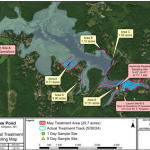 Powwow Pond is a 348 acre body of water in Kingston. They have had significant issues in controlling variable milfoil. This article from the Derry News details their attempts to manage this problem.
Powwow Pond is a 348 acre body of water in Kingston. They have had significant issues in controlling variable milfoil. This article from the Derry News details their attempts to manage this problem.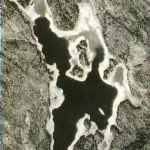
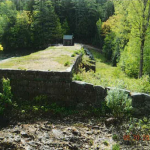
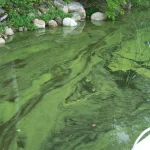 Lake Kanasatka, in Moultonborough, has had a serious issues with phosphorus loading and the resulting cyanobacteria blooms for several years. In 2023, for example, a cyanobacteria warning was issued by the state that lasted from late summer through the fall, 121 days in total.
Lake Kanasatka, in Moultonborough, has had a serious issues with phosphorus loading and the resulting cyanobacteria blooms for several years. In 2023, for example, a cyanobacteria warning was issued by the state that lasted from late summer through the fall, 121 days in total.
